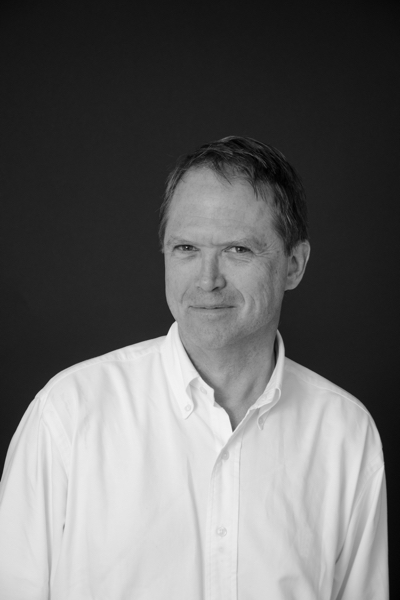PhD 1985, Cornell University
MD 2000, University of North Carolina at Chapel Hill
I work at the intersections between medicine and literature generally, with a particular emphasis on medical autobiography. My background in the humanities includes MFA (creative writing—fiction) and PhD degrees (nineteenth-century British literature) in English, both from Cornell. My published work over the past decade has been concerned primarily with the ways the conventions of narrative condition our perceptions. I am particularly interested in the ethical ambiguity of narrative itself, its capacity both to offer insight into our motives and to generate self-serving fictions. I am fascinated by the imagination, especially as it confronts our mortal condition.
I approach these and related questions in a variety of modes. I am primarily a writer of short stories. In this work, in addition to questions of mortality, I am interested in how consciousness arises in language, how language and culture condition our capacity to comprehend our situation, and whether narrative might transcend or reinforce those conditions. I am interested, finally, in how narrative offers an entry into experiences we have never had (and the implications this might have for physicians, such as in the cultivation of insight or empathy), and how such participation might change us as individuals.
Much of my recent work has been told from the point of view of a medical practitioner. These pieces consider how the encounter with a patient changes the doctor’s perceptions of himself as a caregiver, of his power to heal, of the limits of those powers, and how we negotiate those limits. I do not take for granted that narrative is necessarily a force for good: stories are as capable of lulling us into false security, of reinforcing pernicious myths and stereotypes, as they are of bringing us to terms with the realities of our work. But I write these stories, at least in part, to test the hypothesis that narrative, if pursued rigorously, offers us (as writers and readers) an opportunity to see the doctor’s situation clearly, and see it whole, free of the mythologies of preterition and heroism that haunt popular representations of medicine.
I also work in the form of personal essay, approaching subjects from the morality of health-care reform to what doctors might learn from their own experiences of illness. These pieces have appeared in such venues as The New Republic and Men’s Health, where I have been a contributing editor for much of the past decade. I also occasionally publish, or present at conferences, critical work on or about narrative medicine. My particular interest in this area is doctors’ autobiographical writing, and how it can function to critique or to reinforce stereotypes of doctoring.
As a teacher, my work in the Department of Social Medicine has focused recently on a writing workshop in autobiographical narrative offered to medical students in the second year. For much of the past decade, I was involved in establishing an interdisciplinary MA program in medicine and literature, which admitted its first degree candidates in the Fall of 2015.

